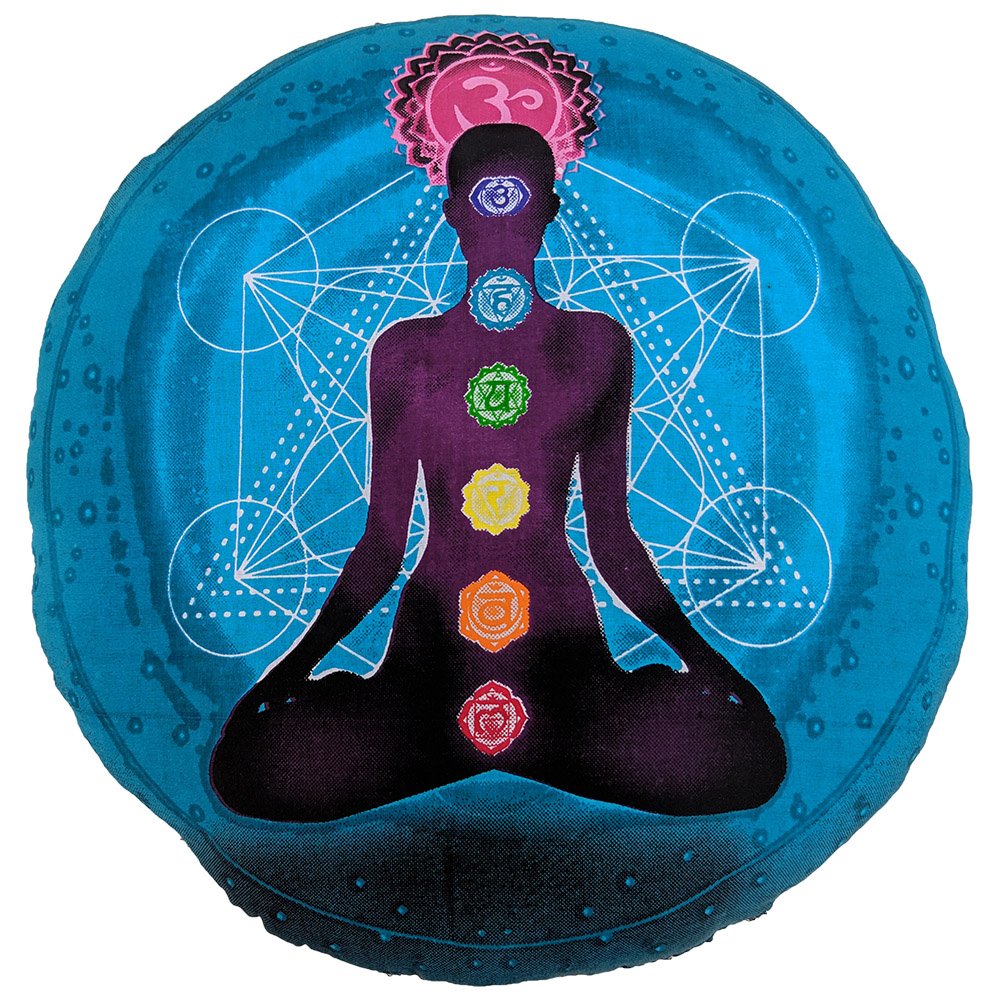We’ve all heard that reflection prompts increasingly essential mental clarity, lower levels of weight and lessened anxiety. Regardless, how does thought advantage the cerebrum? Studies have exhibited that care practice acknowledges positive physiological changes that make the relationship among consideration and the psyche impressively dynamically critical. Take some rest by sitting on meditation cushions and just concentrate
In progressing decades, examination has gotten progressively conventional. People are contributing vitality working with their minds, following their breath and making sense of how to invite the force of the current second. Reflection bundles are jumping up everywhere – in schools, systems, senior concentrations and past. It’s become so standard that even the business organize has joined the turn of events – as portrayed in a continuous article from Business Insider entitled “Silicon Valley is focused truth be told, and there’s new confirmation it improves the psyche.”
Investigation in the field of mind research has attested what each meditator knows: consideration is helpful for body and soul. Science is at present prepared to strengthen the cases by showing how examination truly impacts the particularly astounding organ between our ears. Progressing legitimate proof asserts that reflection underpins the bits of the cerebrum that add to flourishing. Also, apparently a standard practice denies the weight and disquiet related bits of the psyche of their food. Take some lay by sitting on contemplation pads and simply concentrate
Effects of consideration on the cerebrum
In a gathering in the Washington Post, Harvard neuroscientist Sara Lazar gives a preface to how consideration impacts the cerebrum. She explains how four areas of meditators’ psyches related with strong cerebrum work become progressively noteworthy, while one of the domains related with vexatious lead truly contracts. We should inspect these domains.
Left Hippocampus
This is the zone in the cerebrum that causes us learn. The gadgets that we use for mental limit and memory are found here, as are enthusiastic controllers related with care and empathy. Assessment avows that as the cortical thickness of the hippocampus creates in volume through examination, dim issue thickness increases and these huge limits are upheld.
Back Cingulate
The back cingulate is related with wandering contemplations and self-relevance – that is, the degree of subjectivity and referral to oneself while planning information.
Two of the imperatively critical effects that examination has on the mind are the ability to stay open to the current second without judgment, regret or desire; and the ability to watch sensations and sentiments that rise in the mindstream without in a general sense identifying with them. Consideration seems to grow the thickness of the back cingulate.
Pons
This is a very involved and noteworthy bit of the cerebrum where an enormous number of the neural connections that assist control with disapproving of activity are made. Arranged in the cerebrum stem, its name, pons, begins from the Latin for “interface.” The pons is related with an unbelievable number of essential limits, including rest, outward appearances, planning unmistakable data, and major physical working. Reflection strengthens the pons.
Amygdala
There is another district of the psyche that is changed through reflection: the amygdala. In any case, it doesn’t get greater; it contracts.The amygdala—that disturbing corner of the cerebrum that produces presumptions of worry, dread and general weight—is really littler in the minds of pro meditators. For us all, even an eight-week extreme preparing in care based weight decline prompts a quantifiable reduction in the size of the amygdala. The humbler it is, the less appropriate it is to coordinate our enthusiastic responses, especially those of the “fight or-flight” arrangement. No large astonishment we feel so unbelievable when a consistently thought routine is joined into our lives.
In the event that you’re enthused about reading reflection’s ramifications for the cerebrum, take a gander at our mate article What Happens to your Mind, Brain and Body During Meditation.
In any case, reflection won’t improve your brain with the exception of in the event that you actually plunk down and practice! What are you holding on for, Siddharth?
Related post: Best Psychologist in India



